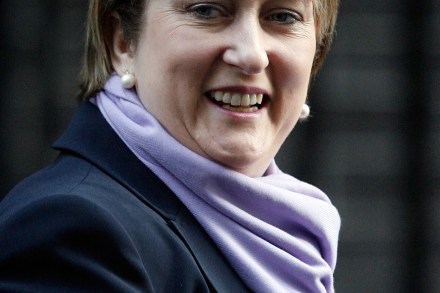Is Smith breaking the rules?
(CoffeeHouse regular Tiberius asked that we write something on this, so here goes…) Jacqui Smith’s created a bit of a political storm today, over her announcement that 300 extra police will be directed towards combating terror and radicalisation. The Tories claim this is in “blatant breach” of pre-election campaign rules. After all, most of the areas which would benefit from these police are up for grabs on May 1st. Are Labour naughtily splashing public cash to influence local voters, and thereby boost their poll results? One indication of the Government’s intentions might be that there was no mention of these extra police in the recent National Security Strategy. This document was

















